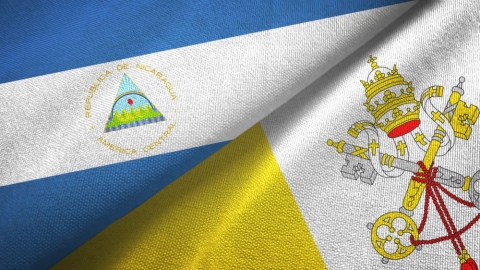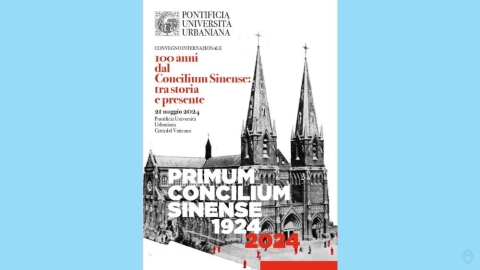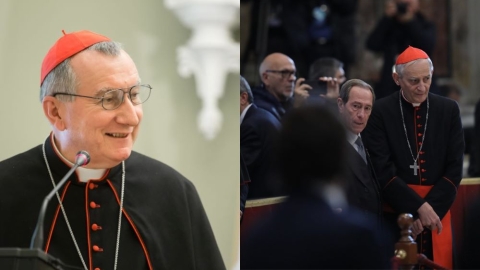Feast of St. Stephen, the First Martyr

St. Fulgentius of Ruspe: Homily on St. Stephen
Yesterday we celebrated the temporal birth of our eternal King; today we celebrate the triumphant martyrdom of his soldier.
Yesterday, our King deigned to visit our world, clothed in our nature and born of a virgin; today, the soldier departed this world, leaving his earthly body, and was born triumphantly into paradise.
Our King, though He is the Most High, has come to us in humility, but He could not come with empty hands. He brought to his soldiers a magnificent gift, not only to confer on them considerable riches but also to render them absolutely invincible in the combat. For He brings to them the gift of charity, which leads men to share in the divine life.
The charity that caused Christ to descend from heaven to earth also elevated St. Stephen from earth to heaven. This charity, which existed first in the King, was then made radiant in the soldier.
Stephen, in order to receive the crown his name signifies, was armed with charity, and thanks to this charity, he was entirely victorious. By the love of God, he did not shrink from the hostility of the Jews; by the love of neighbor, he prayed for those who stoned him. By this charity, he reproached their error, to correct them; by this charity, he prayed for those who stoned him, so they would be spared from punishment.
Strengthened by charity, he defeated Saul, who cruelly oppressed him. And, after having had him as a persecutor on earth, he gained him as a companion in heaven. By holy and persevering charity, he hoped to win by prayer those whom he could not convert by admonition.
And now Paul shares the joy of Stephen; he rejoices with him in the glory of Christ. He exults with Stephen; he reigns with him. There where Stephen came first, brought to death by Paul’s stoning—it is there that Paul followed him, assisted by his prayers.
This is true life, my brothers—in which Paul is not eternally condemned for murdering Stephen, but in which Stephen rejoices in the company of Paul, because charity brings its joy to both. For Stephen, charity overcame the hostility of the Jews; for Paul, charity covered a multitude of sins. For both, charity was the means of obtaining the kingdom of heaven.
Charity is thus the source and origin of all goods, an invincible protection, the road that leads to heaven. He who walks in charity cannot go astray nor be afraid. Charity leads, protects, and guides us to our goal.
That is why, my brothers, since Christ has set up the ladder of charity—by which all Christians may ascend to heaven—be courageously faithful to pure charity; practice it between you and, progressing in charity, make your ascent.
Fulgentius was born in 467 in Thelepte (in modern-day Tunisia). Becoming a monk, he went on to found a monastery and was ordained a priest. In 508, he was elected Bishop of Ruspe. Shortly after his episcopal consecration followed a period of exile in Sardinia. The Vandal King Thrasamund summoned him to Carthage for a theological debate, then sent him back to Sardinia, where he remained until 523. Repatriated, he was head of the Church in Ruspe for nine more years. He entered eternal rest on January 1, 532.





